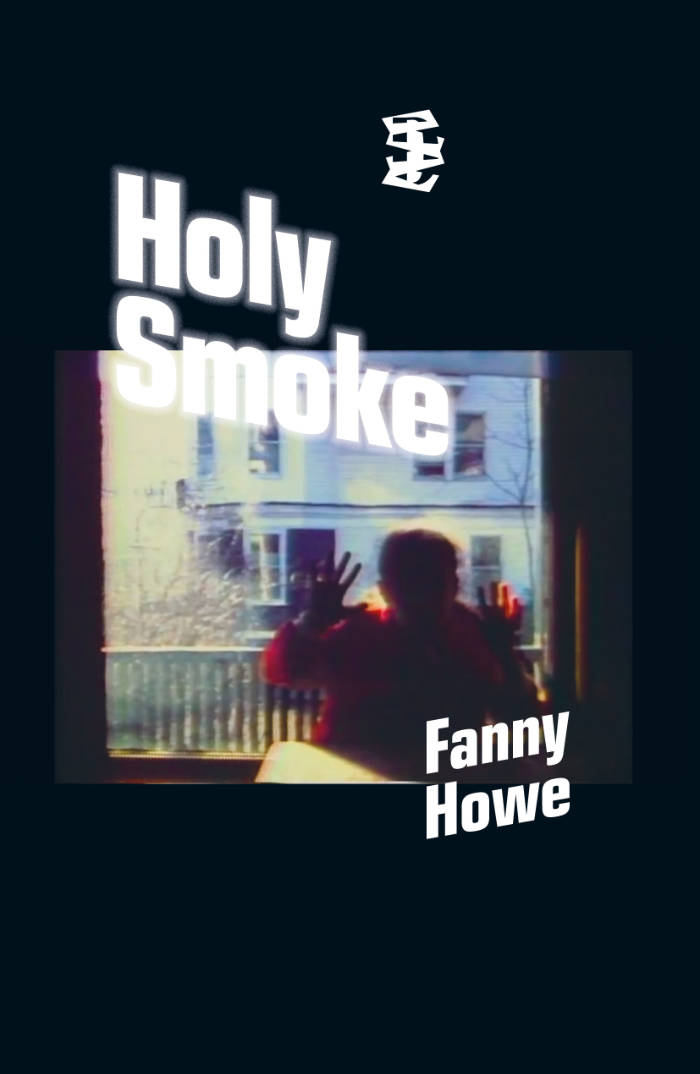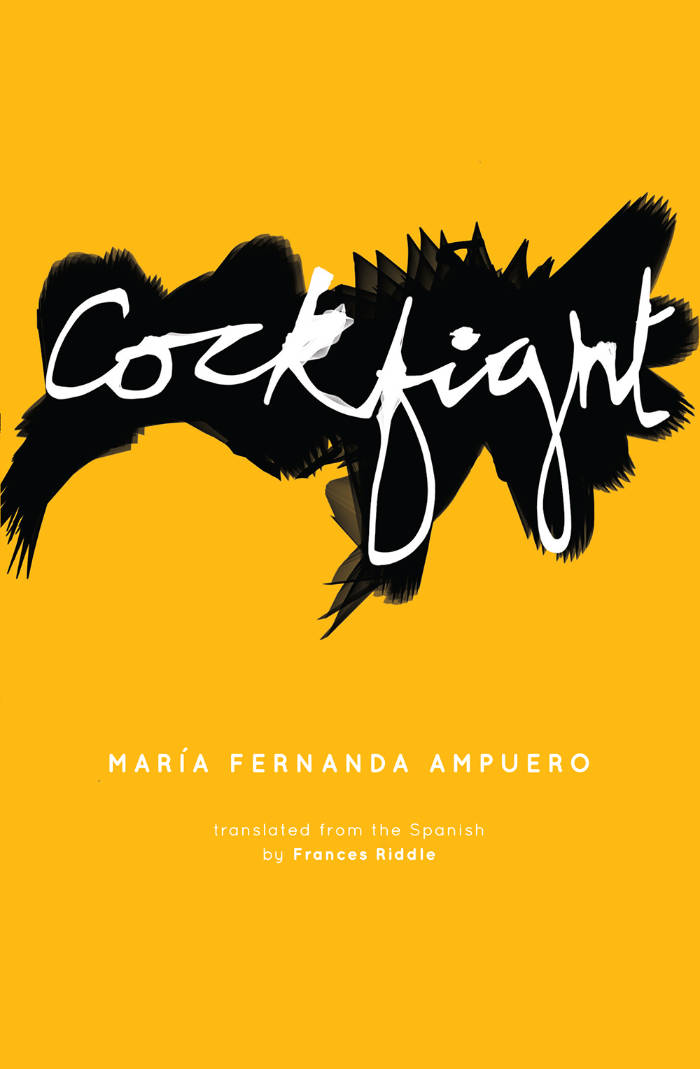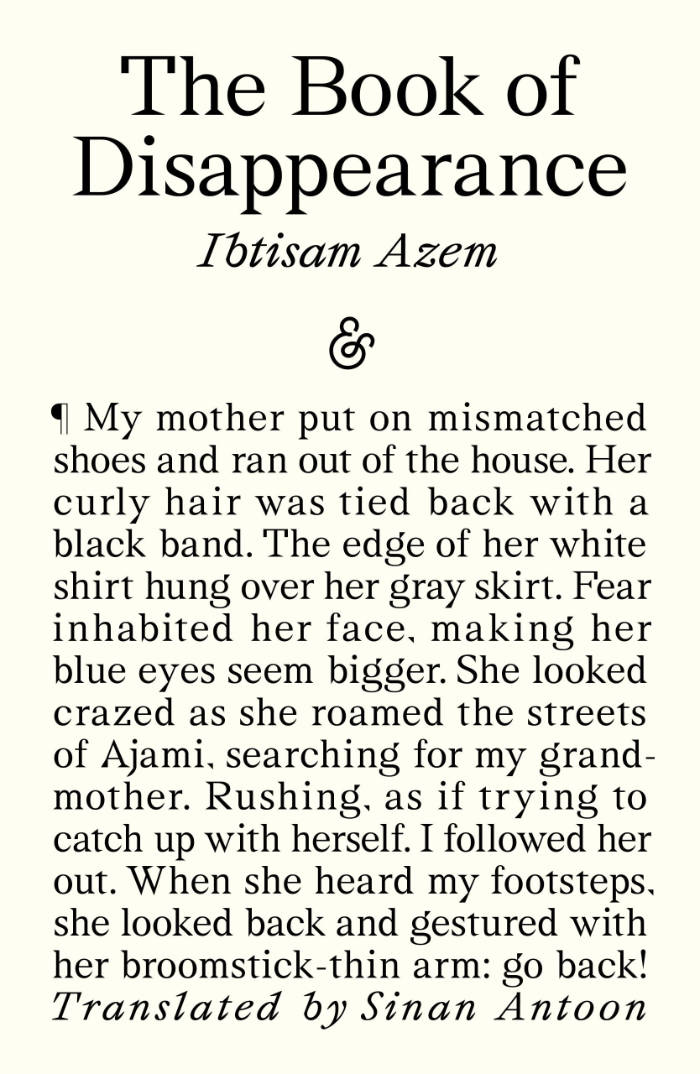
Interiors
One day in April the body of Owen Beausoleil, a poet, is found drowned. As the investigation begins, three people find themselves haunted by him – Noah Lang, the medical examiner who performed the autopsy; his wife, Kitty Lang, a psychotherapist; and Lolita Hammershøi, a ballet dancer and Owen’s close friend. As the three of them become bound up in the mystery of what happened to Owen, their lives begin to interweave in both expected, and unexpected ways. Meanwhile, Owen intervenes from the after-life, desperate to find out his fate. Interiors is a about how loss and desire shape our lives, and about what waits beyond the borders of everyday life.Jessie Widner’s debut novel Interiors is poised and poetic, a moving account of what happens to the lost inner lives of the people who leave us, ‘the invisible things that expand within the self … that leave no record’. The mood of the novel, an air of trepidation, stayed with me long after I put it down like a ghostly presence, echoing the novel's own fictional haunting.
Jessica Widner is a writer and academic. Her work has appeared in Extra Teeth, Gutter Magazine, and The Cardiff Review. Interiors is her first novel.
Language: English







